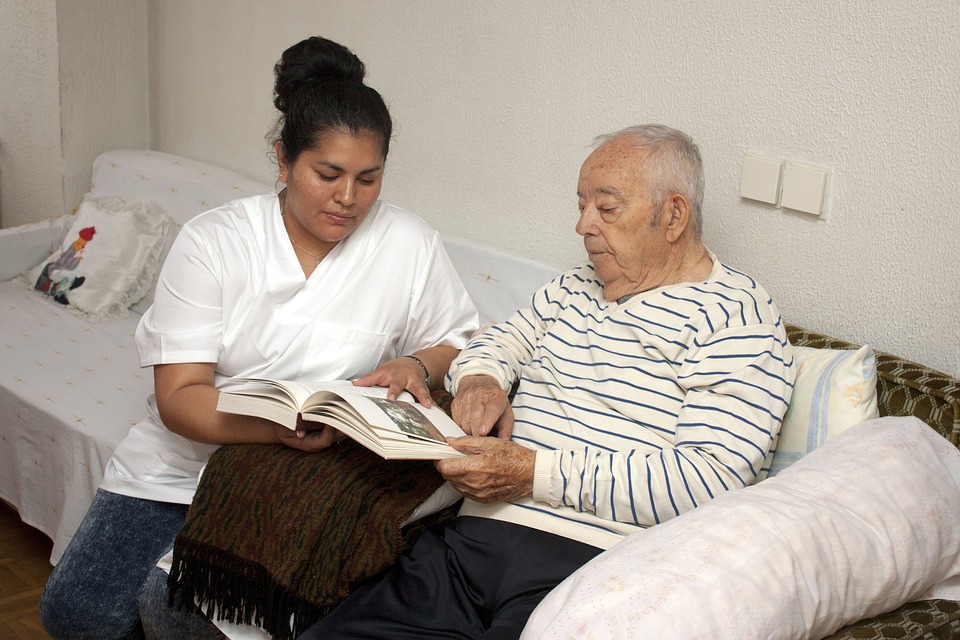Enjoyable Activities for Alzheimer’s and Dementia Patients

Having Alzheimer’s disease or another form of dementia can be an undeniably difficult experience, but it does not mean that life can no longer be enjoyable. If the condition is detected early in its development, perhaps with the help of a self-assessment tool like the BrainTest® app, then there still may be plenty of time to continue living with relatively little impairment. Even in the middle and late stages of dementia, people remain capable of enjoying a wide variety of activities.
Early-Stage Activities
Being diagnosed with dementia may seem like an entirely negative experience on the surface. However, becoming aware of the issue can provide the opportunity to make the most of life, even as symptoms progressively worsen. A diagnosis in the early stages is the best-case scenario because it provides more time to thoroughly enjoy regular activities that may not be possible later, like shopping, driving, and sports. It also allows for the accomplishment of more meaningful tasks, like vacations and goals that might be included in a “bucket list”.
Mid-Stage Activities
The symptoms of dementia can vary widely from person to person as the condition reaches the middle stages. For simplicity, we can think of the symptoms as belonging to one of two groups:
Motor Impairments: Symptoms related to movement problems, especially of the face, hands, and legs. Examples include involuntary facial expressions, tremors, muscle stiffening, and discoordination.
Cognitive Impairments: Symptoms that affect mental processes, like memory, reasoning, and judgment.
In many dementia cases, people will experience a worsening of symptoms primarily from one of the above two groups during the middle stages, though some symptoms from both can be expected. Paying close attention to these impairments as they arise will help to identify the best activities for an individual with mid-stage dementia.
When motor symptoms are the primary issue, then focus should be given to activities that compensate for impairments by being accessible. In contrast, activities for people with primarily cognitive symptoms should address impairments directly, as the activities can be used to strengthen mental processes (like memory and judgment) and may help preserve their abilities for longer. Based on this approach, we can make the following broad suggestions:
Activities When Motor Impairments are Primary
- Movies and music (at a live venue or home, depending on their level of mobility and comfort)
- Discussions with friends and family
- Board games that do not require a lot of physical interaction (trivia, for example)
Activities When Cognitive Impairments are Primary
- Puzzles and word games to help maintain memory
- Low-impact individual sports (golf, darts, bowling)
- Dancing — either at home or socially
- Tasks that are familiar and keep the mind busy, like sorting and folding clothes
Late-Stage Activities

Image via Pixabay
The latest stages of dementia often feature a significant reduction in communication abilities and mobility. Although someone in this condition may not appear to be strongly connected to their environment, research shows that they can still find many things to be pleasurable, including:
- Hearing familiar stories, even if two-way communication is not possible
- Listening to familiar music
- Hair brushing
- Looking at old photos (if there is no severe vision impairment)
Personal Preferences
Above all, an individual’s personal preferences should be the key deciding factor when choosing enjoyable activities, whether that person is yourself, a loved one, or a client/patient. It can be easy to get so caught up in finding activities that may help combat the progression of the disease that you forget to do things that are actually enjoyable. Finding pleasure in activities is possible during all stages of dementia, but not everything will be enjoyable for all people. Keep this in mind, and you will be sure to find the appropriate activities that can be enjoyed during any stage of dementia.

